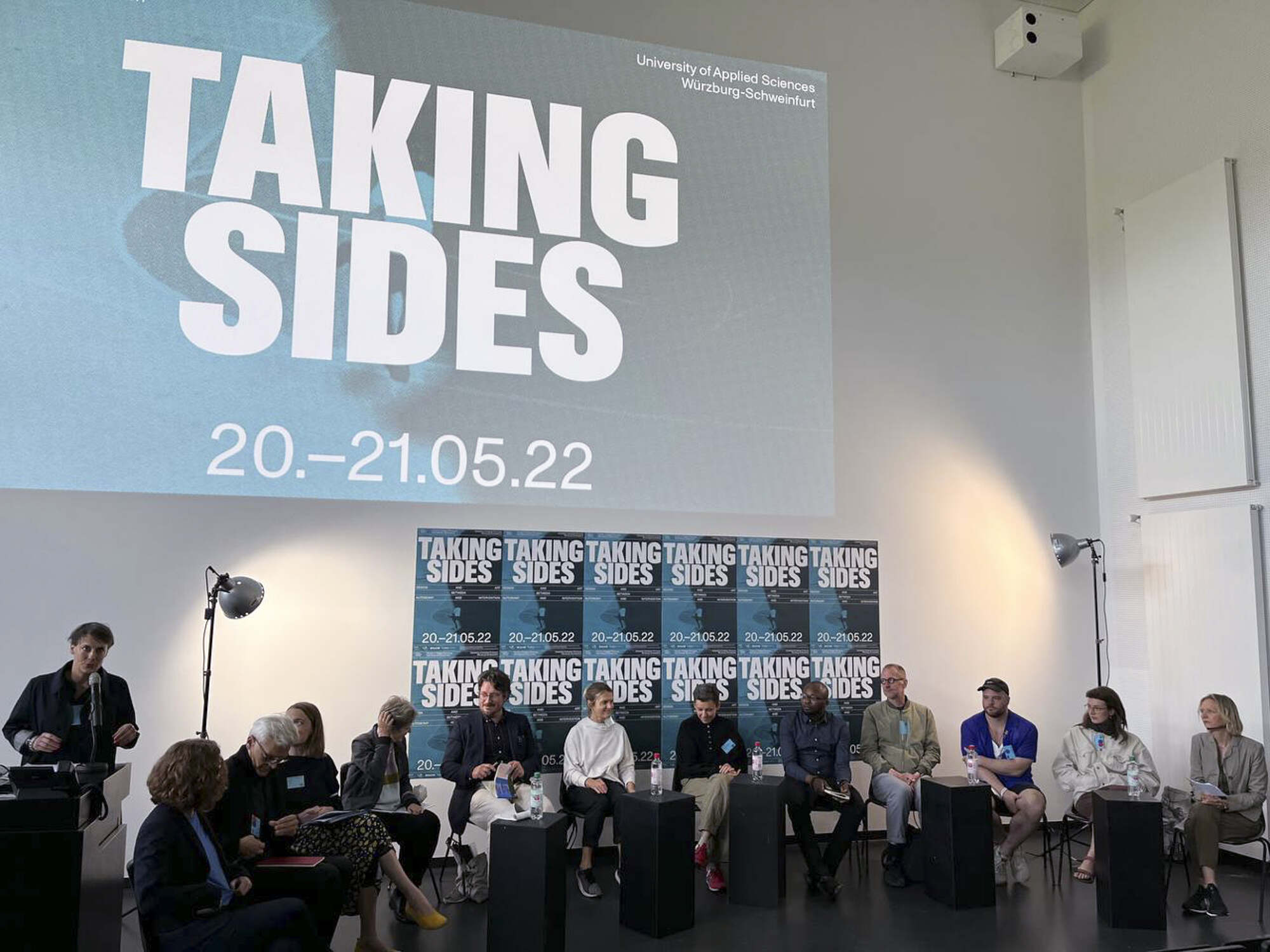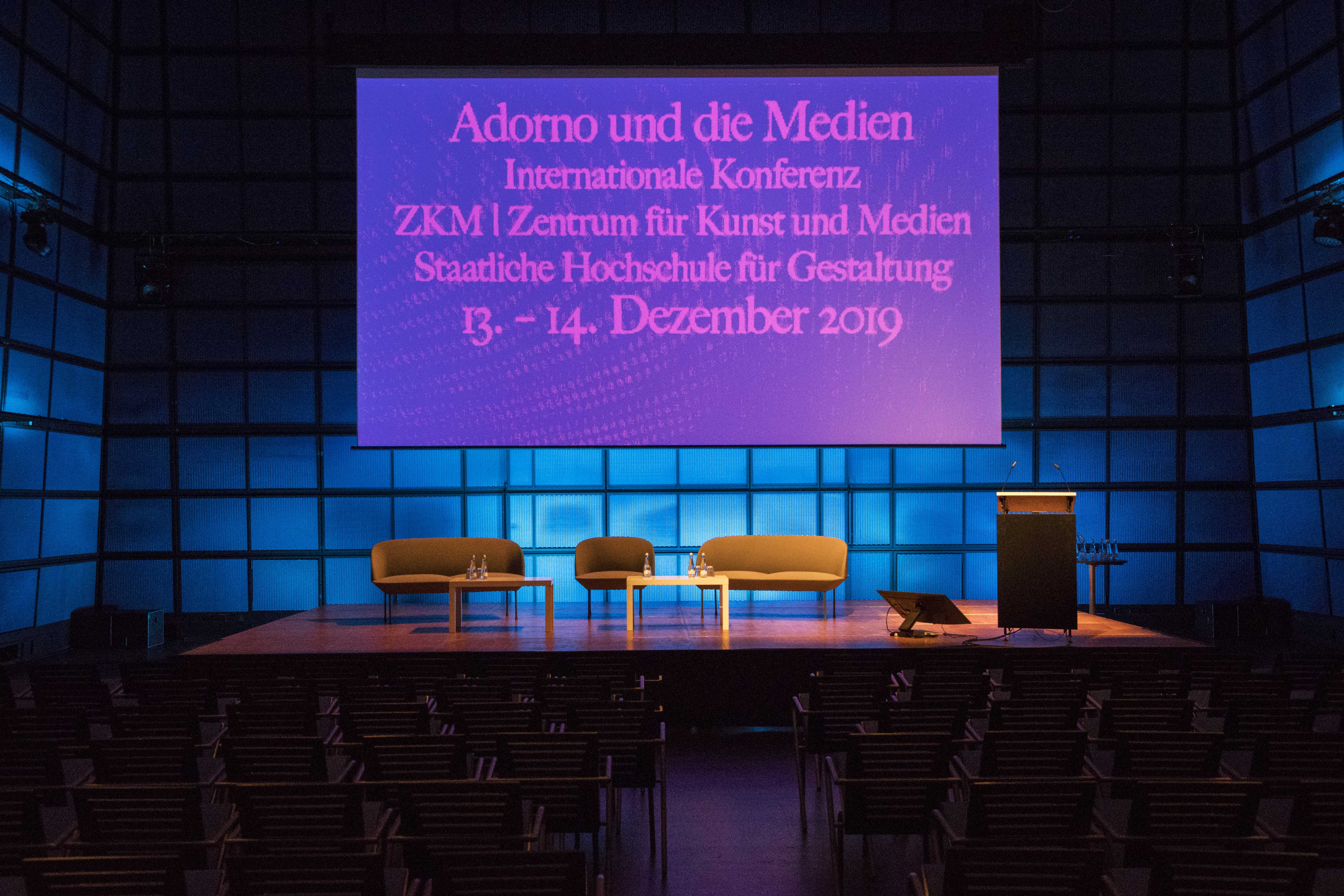Research Projects
2022 – 2025
“Mediated Autonomy. Ideal and Reality of Aesthetic Practice”
Project number: ESP 146Academy of Fine Arts Vienna
Financed by the FWF Austrian Science Fund

Abstract
The question of the relevance of art, design and other aesthetic phenomena is an integral part of philosophical discourse and presents itself as an urgent topic today.
The research project explores this question as a linkage of aesthetic and ethical questions in three steps: First, it investigates the extent to which aesthetic processes fundamentally imply normative claims. The hypothesis here is that these processes are driven by human actions and thus are rooted in a tension field between ideal claims for creativity, authenticity and intensity and actual realizations under daily life conditions. Particular attention is paid to the question of the status accorded to the productive and receptive agents in aesthetic processes. In this way, it is worked out to what extent aesthetic practices operate with attributions of exceptionality, but also of mediation between ordinary and exceptional positioning. This step is backed up by hermeneutic and praxeological analyses of selected examples from two contemporary borderlands of art and design: the borderland of digitalization and virtualization and the borderland of activism and participation.
Second, the integration of these considerations into more extensive normative contexts is examined. This is done by confronting artistic and everyday perspectives. In this way, it is explored how the ideals and claims of art and design worlds get along with late-modern realities of life and their own aesthetic demands. This second step is concretized by an analysis of examples for practiced everydayness and its aesthetic capacities, which is focused on leisure activities.
Third, the previous linking of aesthetic and ethical claims is concretized by a reference to practical subjecthood as intersection point of these claims. The vanishing point for this step is provided by a conception of autonomy that focusses on relatedness and mediation between ordinariness and exceptionality, the latter polarity being actualized between being a dependent part of a bigger context and thriving for individuality. This concept of mediated autonomy is combined with the idea of a psychodynamic interplay between inside and outside in order to reach an approach towards practical subjectivity that takes into account the diverse presence of aesthetic dimensions in human agency.
Based on these three steps, it is finally argued for the position that the ethical relevance of aesthetic practices is shown by them bringing their acting subjects into practical contact with their capacities and limits beyond one-sided ideals of isolated exceptionality.
The results of the research process are presented in academic events and publications and will be brought together in a monograph at the end of the project term.
The question of the relevance of art, design and other aesthetic phenomena is an integral part of philosophical discourse and presents itself as an urgent topic today.
The research project explores this question as a linkage of aesthetic and ethical questions in three steps: First, it investigates the extent to which aesthetic processes fundamentally imply normative claims. The hypothesis here is that these processes are driven by human actions and thus are rooted in a tension field between ideal claims for creativity, authenticity and intensity and actual realizations under daily life conditions. Particular attention is paid to the question of the status accorded to the productive and receptive agents in aesthetic processes. In this way, it is worked out to what extent aesthetic practices operate with attributions of exceptionality, but also of mediation between ordinary and exceptional positioning. This step is backed up by hermeneutic and praxeological analyses of selected examples from two contemporary borderlands of art and design: the borderland of digitalization and virtualization and the borderland of activism and participation.
Second, the integration of these considerations into more extensive normative contexts is examined. This is done by confronting artistic and everyday perspectives. In this way, it is explored how the ideals and claims of art and design worlds get along with late-modern realities of life and their own aesthetic demands. This second step is concretized by an analysis of examples for practiced everydayness and its aesthetic capacities, which is focused on leisure activities.
Third, the previous linking of aesthetic and ethical claims is concretized by a reference to practical subjecthood as intersection point of these claims. The vanishing point for this step is provided by a conception of autonomy that focusses on relatedness and mediation between ordinariness and exceptionality, the latter polarity being actualized between being a dependent part of a bigger context and thriving for individuality. This concept of mediated autonomy is combined with the idea of a psychodynamic interplay between inside and outside in order to reach an approach towards practical subjectivity that takes into account the diverse presence of aesthetic dimensions in human agency.
Based on these three steps, it is finally argued for the position that the ethical relevance of aesthetic practices is shown by them bringing their acting subjects into practical contact with their capacities and limits beyond one-sided ideals of isolated exceptionality.
The results of the research process are presented in academic events and publications and will be brought together in a monograph at the end of the project term.
2013 – 2016
“Gesetz und Gewalt im Kino”
Cluster of Excellence Normative OrdersGoethe-University Frankfurt am Main
Pl: Prof. Dr. Martin Seel
Financed by the DFG
Third Party Grants and Stipends
2020
DAAD post-doc scholarship
Academy of Fine Arts Vienna2019
Publication grant
Cluster of excellence Normative OrdersBook “Irrationalität als Wagnis”
2019
Third party publication grant
Geschwister Boehringer Ingelheim Foundation for the HumanitiesBook “Irrationalität als Wagnis”
2015
DAAD postgraduate student scholarship
University of Chicago2010 – 2011
Mentoring program for supporting female researchers
Goethe-University Frankfurt a. M.2008 – 2011
German National Academic Foundation scholarship
Organized Research Events

05/2022
International research workshop
“Begriffsarbeit und Gegenstandsversenkung. Philosophie in der Ästhetik - Ästhetik in der Philosophie”Institute for Art Theory and Cultural Studies
Academy of Fine Arts Vienna
with Dr. Sebastian Lederle

05/2022
International symposium
“Taking Sides. Design and Art between Autonomy and Intervention”Faculty of Visual Design
Technical University of Applied Sciences Würzburg-Schweinfurt
with Prof. Johanna Diehl (personal website)

12/2019
International conference
“Adorno and the Media”University of Art and Design Karlsruhewith Prof. Dr. Johan Hartle, Prof. Dr. Gerhard Schweppenhäuser and Dr. Lioudmila Voropai

09/2016
Workshop
“The function of the Real in animated war films”3. Segeberger Psychosomatik-Tage
Macht und Ohnmacht des Realen

12/2014
Conference
“Kunst und Philosophie”Goethe-University Frankfurt a. M.with Dr. Eva Backhaus, Dr. Jasper Liptow, Dr. Jochen Schuff and Dr. Achim Vesper

09/2013 – 03/2014
Lecture series
Gesetz und Gewalt im KinoGoethe-Universität
with Prof. Dr. Angela Keppler and Prof. Dr. Martin Seel

12/2013
International graduate conference
“Practices of Critique”Cluster of Excellence Normative Orders
with Katia Backhaus, Andreas Corcaci, Claudia Czingon, Michel de Araujo Kurth, Jonas Heller, Ronan Kaczynski, Jonathan Klein, Johanna Leinius, Marina Mateo Martinez, Jannik Pfister, David Roth-Isigkeit, Aylin Zafer and Louise Zbiranski